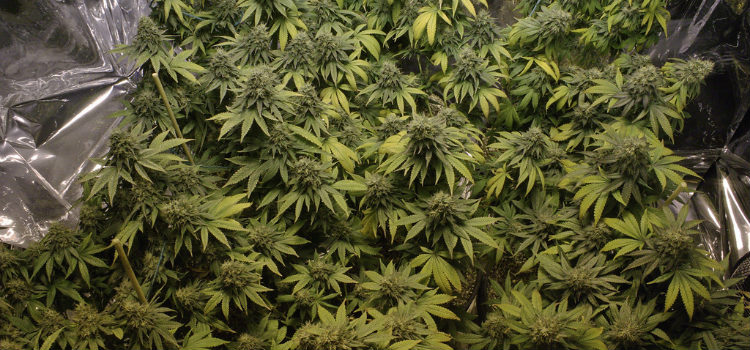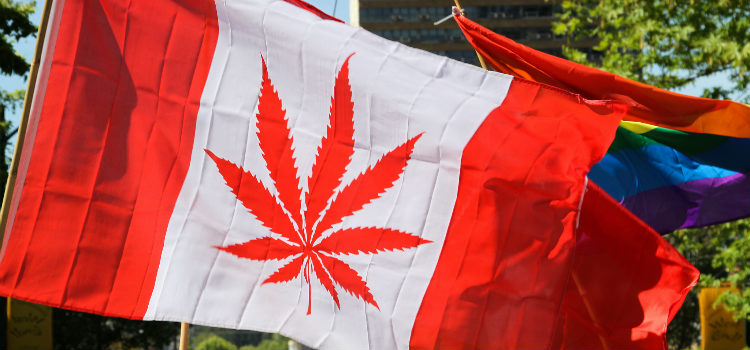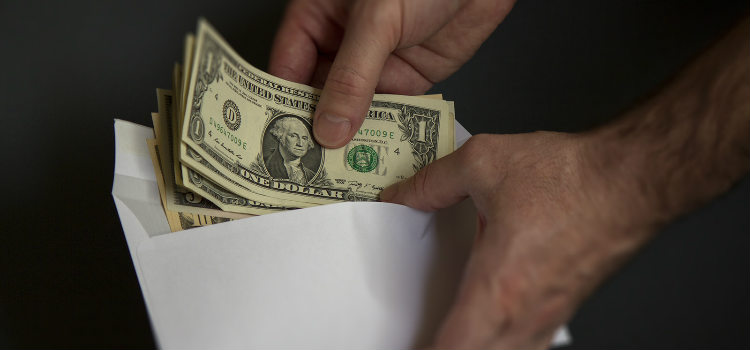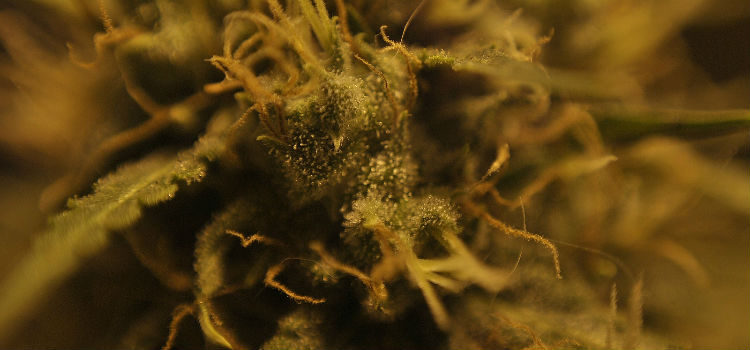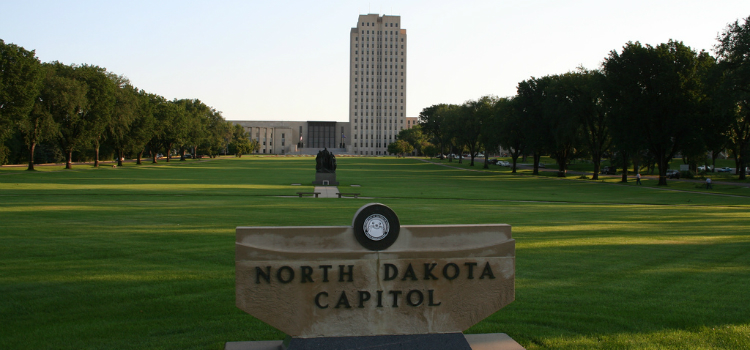One of the most common misconceptions about cannabis is that it has the same effect on everyone who consumes it. This, however, couldn’t be further from the truth: some people are social smokers, some people want to work out when they are high, and some people would rather cozy up in front of a movie on Netflix with a bag of gummy worms (or kale chips). With modern technology helping people find companions for virtually every other type of activity they might want to partake in, it seems only natural that an app would emerge to help people find companions for smoking weed.
We recently had the pleasure of interviewing Todd Mitchem, the entrepreneur behind the Tinder-esque dating app “HighThere!” which launched recently. HighThere! is a free-to-use mobile app which connects cannabis consumers based on their preferences for consuming cannabis and how it makes them feel.
Read the full interview below:
Ganjapreneur: When did you first conceive of the HighThere! app?
Todd Mitchem: Last summer all the co-founders got together and came up with it as we discussed the complex connection problems people who use cannabis face.
How does HighThere! connect cannabis consumers?
We built a cool platform that connects people based on experiences they wish to share instead of petty things like age, weight and hair color. Those are surface things. We believe the cannabis consumer cares more about experiencing things with others. So we ask you simple questions that build an experience-based profile with everything from how you consume cannabis, to your energy level while you’re high, to the types of things you like to do while high. The algorithm connects you based on this and then you tell your story (in 420 characters or less of course) and off you go! We want people to connect to chat, go out, stay in, etc, but more importantly we want to build an amazing social connection app for all cannabis consumers.
Interesting! What kind of questions do you ask your users?
We ask a few very specific onboarding experience questions. Our entire algorithm is based on experience matching so that people enjoy time with each other.
Roughly how many users do you have currently, and how quickly have you been getting new users?
We have seen amazing growth. As I write you the last count was getting close to 20k NEW users in less than 2 weeks. To put this in perspective, other apps in the space took 6 months to reach this level. We grow roughly 2k users each day.
Were you involved in the cannabis industry at any level prior to working on HighThere?
Before High There! I was working in the cannabis industry first as the chief revenue officer for a brand of vape that I helped catapult to national brand status both with PR and a robust licensing structure. When that contract ended I then went on to consult in the industry and actually re-branded the company now called Mindful (seen on 60 min). When I met my business partners in HighThere! it was perfect timing as I also had co-founded two other companies, CannaSearch (with Ashley Picillo) and I Choose Cannabis, a dedicated mainstream cannabis organization.
Prior to cannabis, as the Senior Vice President of Business Development for a culture and management consulting firm called Eagle’s Flight, representing major brands, I worked to coach executives on dynamic leadership, structural excellence and strategic business applications. This included companies such as Anheuser-Busch, Microsoft, H&R Block, Purina and Yum Brands. My role had me managing large teams of brand change, management, and leadership experts to target and solve key performance issues within the companies we represented. I learned my leadership skills from a person who was a nestle executive for 17 years.
Did you fund the business yourself, or did you seek out investors?
We funded ourselves. 300k so far.
How many employees does HighThere! currently have?
Currently 10 including our development team. We are actively searching for a top CTO (chief technology officer) to work side by side with me on developing our next phases. This person will need to live in Denver and be ready to keep our mind-blowing success moving.
At what point did you come up with the brand name?
It just sort of made sense and happened. I have worked with top brands and this is the kind of brand that will become a lifestyle brand. It’s simple, fun and cool. We love it.
Did you need to acquire the domain name HighThere.com from a third party, or was it unregistered at the time?
We bought it from its previous owner.
I understand the app is currently free to download. What is your road to profitability with the company?
We have a philosophy that companies charging their database is a cash grab and not appropriate. I dropped Match because they were charging, I am no longer on Tinder, but I would drop them also with their pay to play platform. Instead, we have built a robust 2.0 money making strategy that will not compromise user private information or ask them to pay. Instead we will be utilizing a proprietary technology to build something unique to the app connectivity space. We believe our users will value this beyond other models. We love our users and we want them to enjoy the experience of High There! Charging a user is like inviting a bunch of people to your exclusive party then at the last moment charging them a cover to get in. Not cool dude.
What do you think the next five years look like for legalized cannabis?
Honestly I am not a predictor, but I think we will see a decriminalized federal system within 3-5 years. I think a full legal system will be based on state by state involvement as it is with alcohol. We are starting to see the mainstream acceptance take hold: HighThere! is getting so many users so quickly, more than Twitter had in the first 6 months of their operation, in fact.
What is one piece of advice that you would offer to aspiring ganjapreneurs?
My main advice is to stop thinking of cannabis and the “cannabusiness” world as fringe. The industry is expanding and the opportunities are non-stop. Pick your specialty. Look to ancillary business ideas that will appeal to a mainstream consumer. And ALWYAS show respect for the hardworking activists who got us here. NEVER treat the traditional “stoner” with disrespect. We are all stoners, including my mom!
Thank you, Todd, for sharing your story with us: we look forward to seeing HighThere! gain more traction and we wish you continued growth and success with your venture!
If you have questions for Todd, feel free to post them in the comments area below or reach out via the HighThere! website.
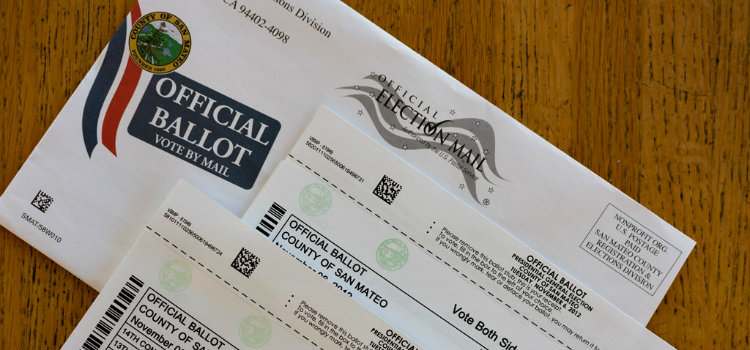




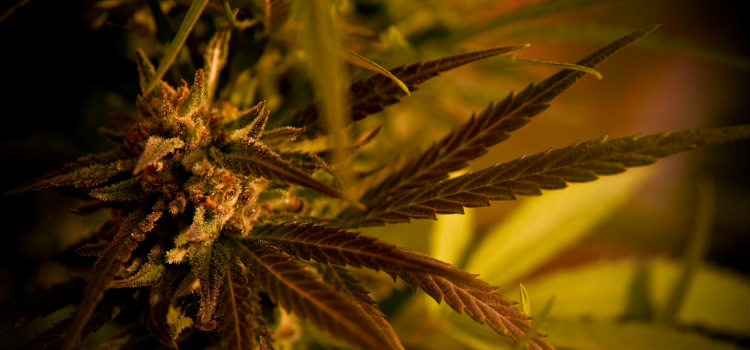
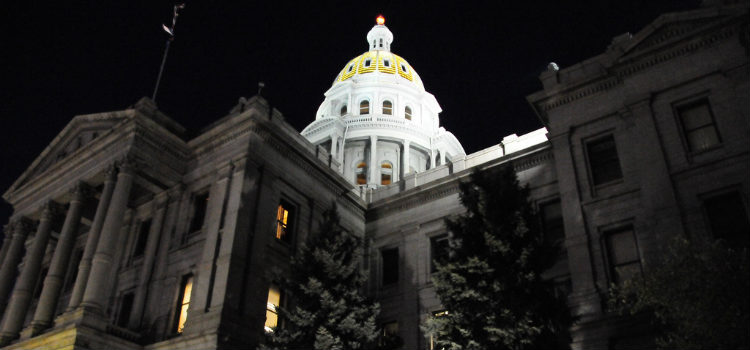


 We recently had the pleasure of interviewing Dr. Michelle Sexton of
We recently had the pleasure of interviewing Dr. Michelle Sexton of 

